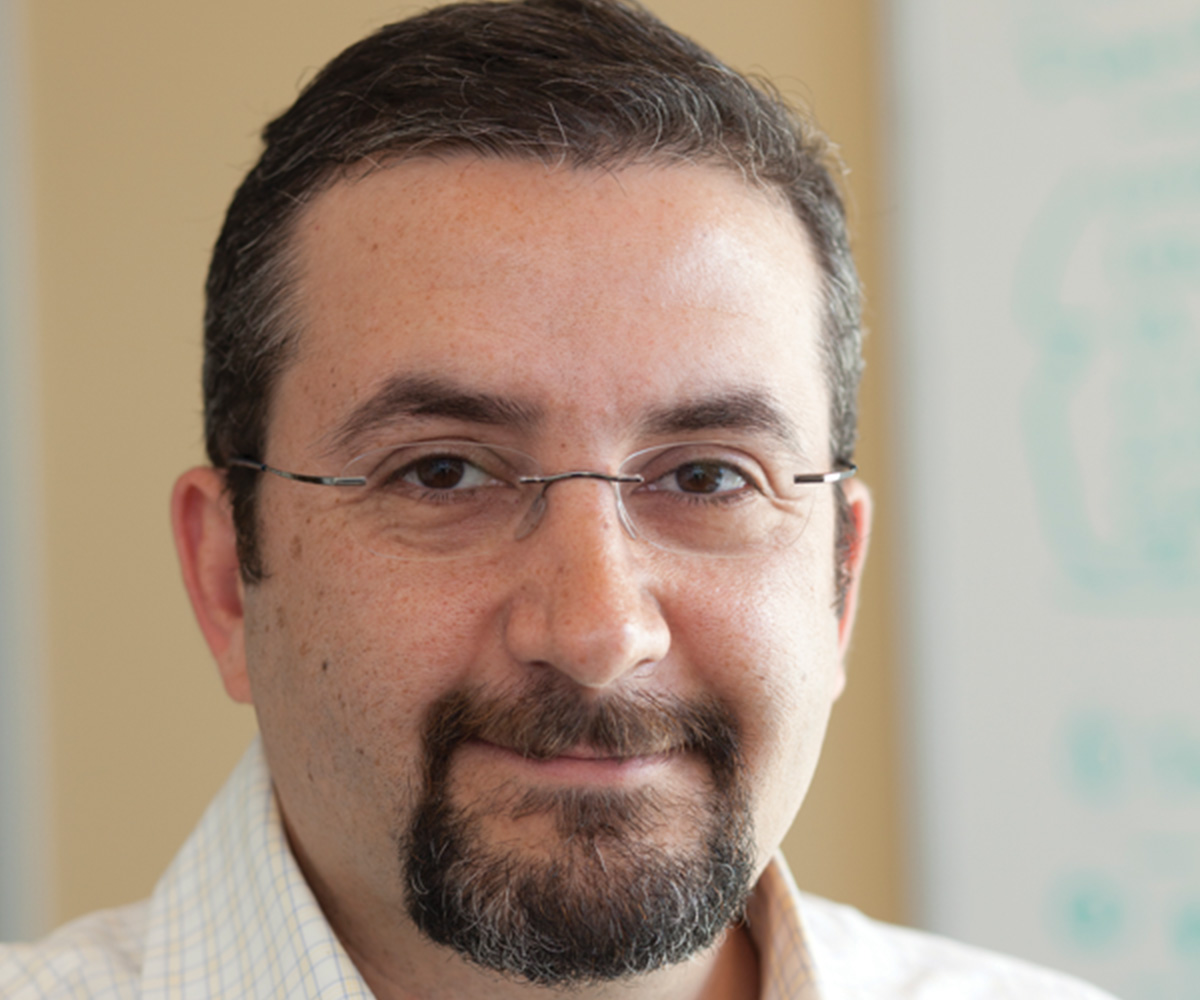
As chimeric antigen receptor (CAR) T-cell therapies have been deployed in the clinic, researchers have become increasingly concerned about the risk of secondary tumors arising after treatment, especially T cell cancers related to viral vector integration into the genome during the engineering of the therapeutic T cells. A study co-led by Ludwig Stanford’s Ash Alizadeh explored the actual risk of such secondary cancers in patients who had received CAR-T therapies. He and his colleagues, including several at the Stanford Center, examined outcomes for nearly 800 CAR-T treatments in 724 patients treated at Stanford since 2016 and found the risk of such cancers to be relatively low: only 25 were detected, suggesting a 6.5% risk in the three years after completion of therapy. They also examined in depth a single lethal case of T-cell lymphoma following CAR-T therapy for diffuse large B cell lymphoma, deeply profiling the cells of both lymphomas. The two lymphomas were molecularly distinct, though both were positive for Epstein-Barr virus, which can promote cancer. The researchers found no evidence of oncogenic retroviral integration as a cause for the second cancer after exploring the possibility using multiple techniques. Aside from addressing that issue, their study provides a framework for monitoring viral vectors used in T cell engineering and improving risk assessments for such therapies.
Risk of Second Tumors and T-Cell Lymphoma after CAR T-Cell Therapy
The New England Journal of Medicine, 2024 June 12